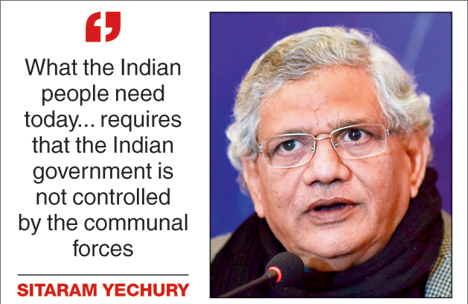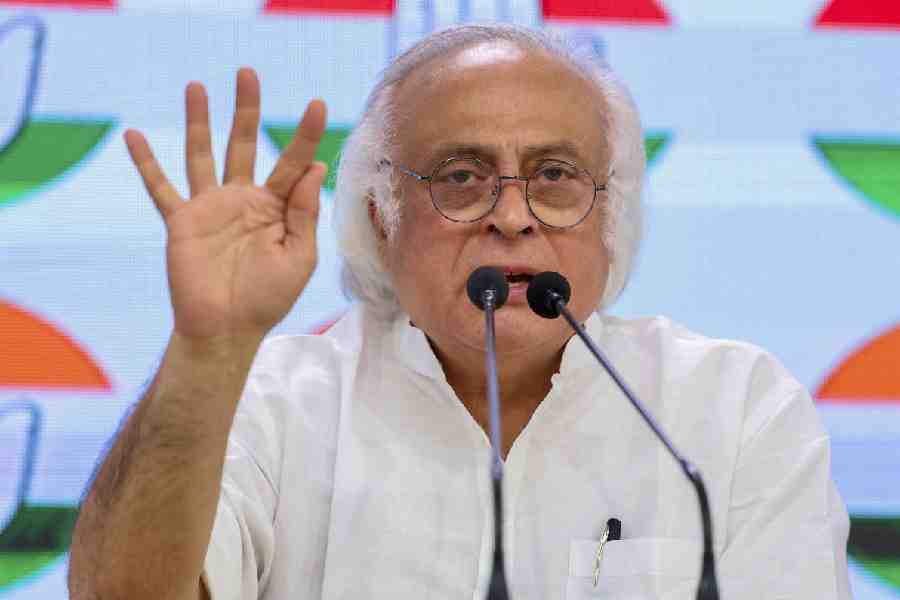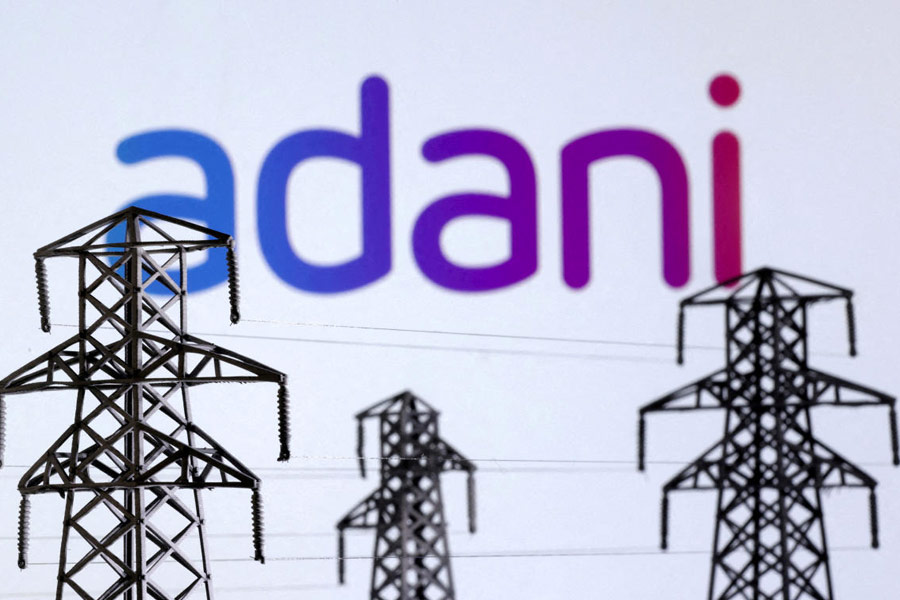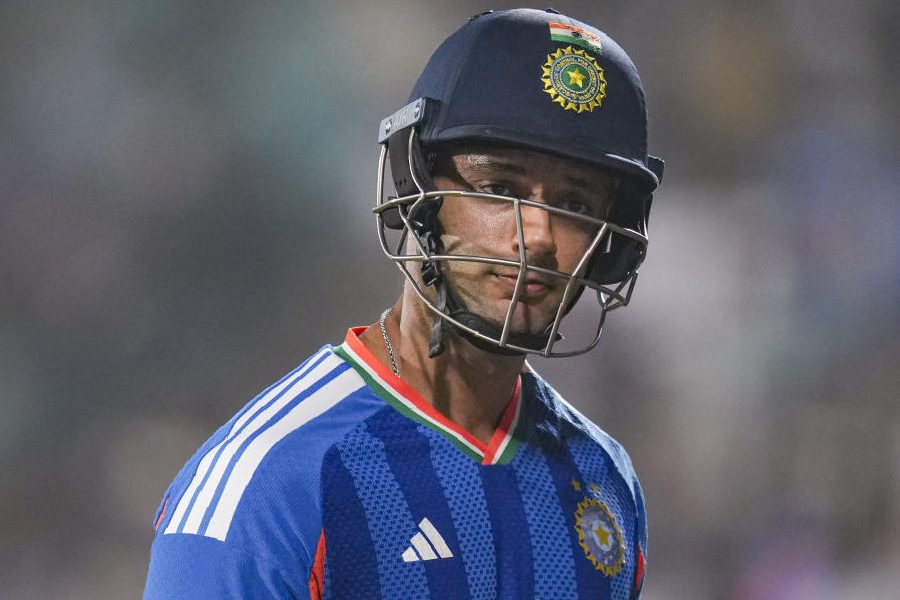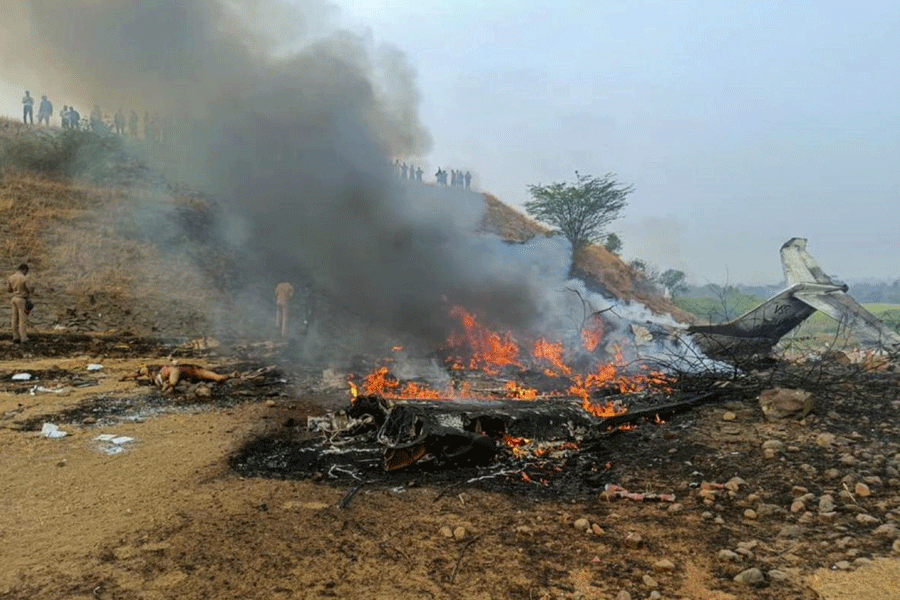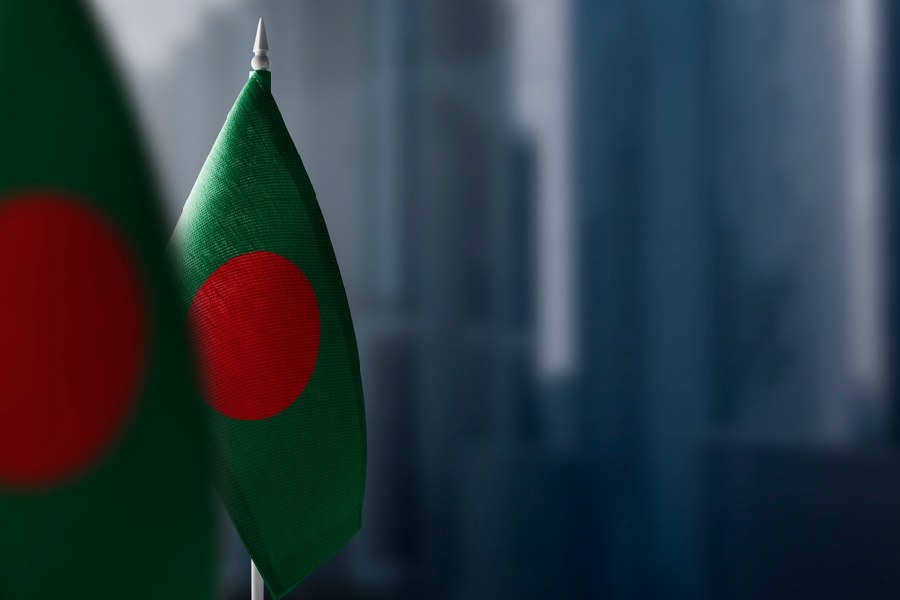
New Delhi: Often called "pro-Congress" by his detractors in his party, CPM general secretary Sitaram Yechury on Wednesday contested the "pro-Congress, pro-BJP" binary that has been injected into the internal debate over electoral tactics by saying it would be equally unfair to call those who disagree with him "pro-BJP masquerading as revolutionaries".
Speaking to The Telegraph ahead of the crucial central committee (CC) meeting in Calcutta with differences persisting in the politburo (PB) over the draft political resolution despite several attempts at reconciliation, Yechury refused to comment on the debate and billed the discussions as evidence of inner-party democracy.
The three-day meeting will begin on Friday.
You may deny it but the press communiqués after the October CC and the December PB meetings point to differences over the draft political resolution. Can you throw some light on the discussions?
The discussion is centred around how to defeat the BJP, how to pool the maximum possible anti-BJP forces. The CPM's opposition to neo-liberal economic reforms is well-known and non-negotiable.
That is why we shall not enter into any political front/alliance with ruling class parties which pursue this agenda.
But what we have today in government is the BJP, which is pursuing a four-pronged attack against India and the Indian people: They are more aggressive in the pursuit of neo-liberal reforms, their relentless communal polarisation is aimed at undermining the secular democratic foundations of our republic and to replace it with the RSS vision of a rabidly intolerant fascistic Hindu Rashtra, they are undermining parliamentary democracy and statutory institutions, and there is the complete surrender of India's foreign policy and strategic interests to the diktats of US global security priorities.
All these four run completely against what we stand for. Defeating this agenda is the utmost priority.
Won't you be more effective fighting this battle in a UPA I kind of arrangement where the Left played an effective role in inclusive policy-making?
This I can answer only after the CC meeting.
Can the 1996 and 2004 experiment of post-poll outside support be repeated or would advocating that make you 'pro-Congress'?
I am neither pro-Congress, nor pro-BJP. I am pro-India and pro-Indian people. What the secular democratic republic of India needs today and what the Indian people need today in terms of urgent relief from these unprecedented economic burdens and the mayhem being caused by communal polarisation requires that the Indian government is not controlled by the communal forces.
If you are being accused of being pro-Congress, can those opposed to your line - of keeping options open without entering into a pre-poll alliance - be called pro-BJP by the same token?
It is ridiculous that such accusations are being floated. It would be easy to turn around and say those who are making such accusations (against me) are objectively pro-BJP masquerading as revolutionaries. I do not believe in trading such accusations. It is neither part of my character, nor habit.
How would you evaluate the UPA I experience?
It was the first time after Independence you had a central government that actually undertook the agenda of extending the rights provided by the Constitution.
UPA I was really an experiment in seeing how much you can push the ruling classes in extending the rights provided in the Constitution. The Left played a decisive role in many a policy initiative which the UPA I undertook.
The rural employment guarantee with the promise of extending it to the urban poor, legislation like the right to education, right to food security, rights of the tribals to forest produce and the right to information were all major new advances in consolidating the already existing constitutional rights and extending them.
Whatever be the limitations of these legislation, instead of improving on them the BJP government has embarked on a complete reversal of these rights.
At the IWPC (Indian Women's Press Corps) interaction, you mentioned that alternative policy is not just dependent on economic policies, but also social policies. Please elaborate.
The alternative policy framework that we envisage is not and cannot remain exclusively only an economic policy framework. India is a country of unparalleled diversities. And the unity and integrity of our country and people can only be maintained by strengthening the bonds of commonality that run through our diversity.
Any effort to impose a uniformity on our diversity as is sought to be done by the BJP government would only result in social implosion.... So a set of policies that are aimed at inclusiveness and social justice are an important element of the policy alternative that the Left offers.

